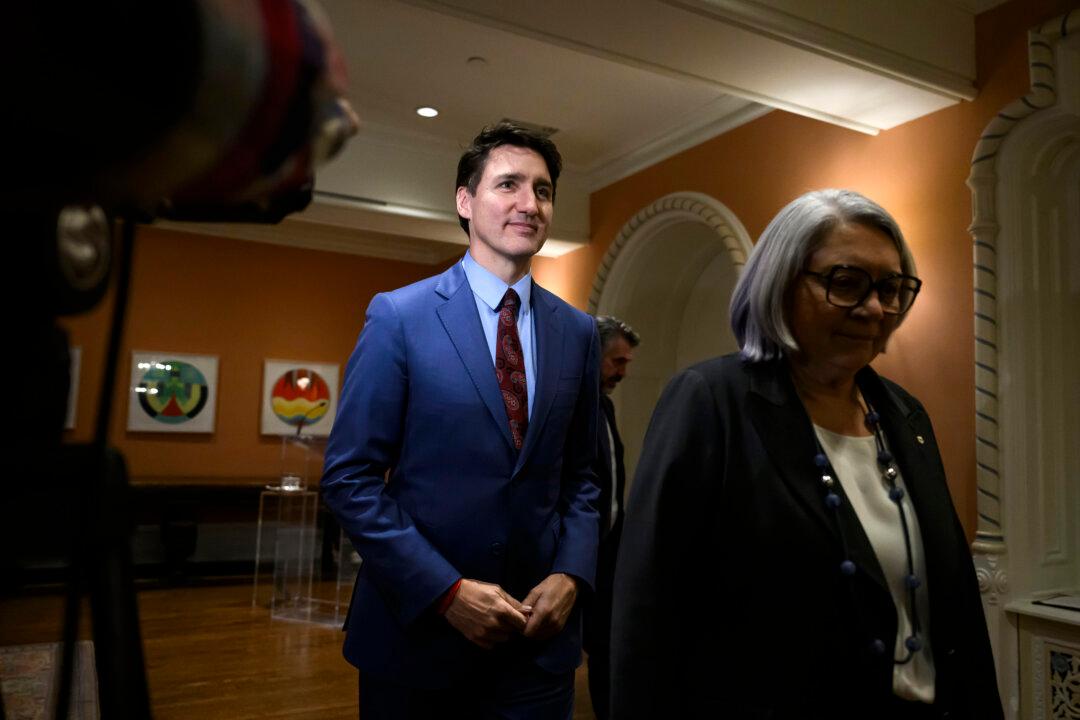News Analysis
There are a few scenarios in which Canadians could be heading to the polls for an early federal election this spring, contributing to the political uncertainty that has marked the latter months of 2024.

There are a few scenarios in which Canadians could be heading to the polls for an early federal election this spring, contributing to the political uncertainty that has marked the latter months of 2024.